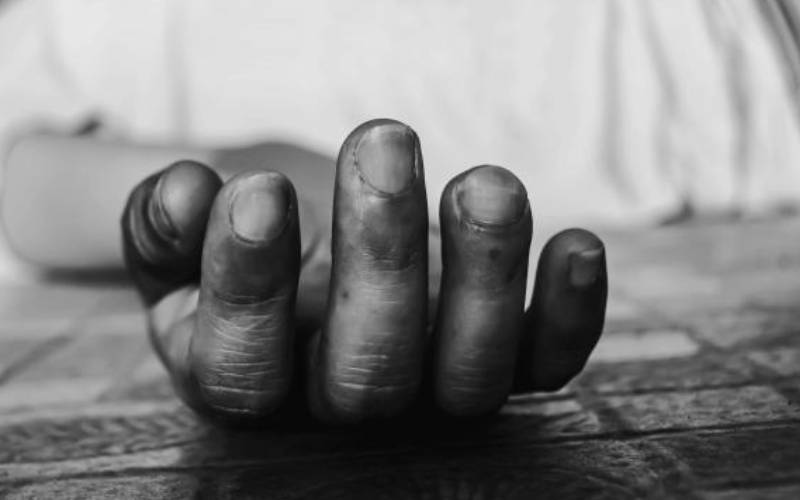×
The Standard e-Paper
Stay Informed, Even Offline

Gender-based violence is perceived in many societies as shameful and weak. [Courtesy]
Gender-based violence (GBV) is recognised as a public health and human rights concern. It is rooted in gender-based discrimination, social norms that accept violence, and gender stereotypes that continue cycles of violence.